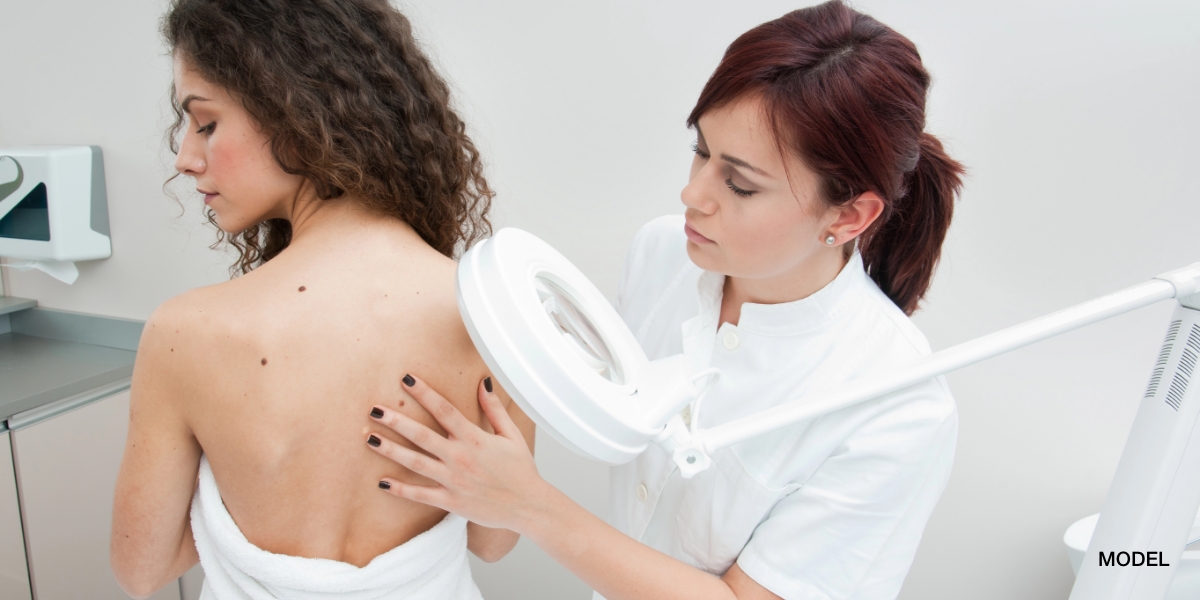Cytophagic Histiocytic Panniculitis (CHP) is a type of panniculitis that I only rarely encounter in both my The Woodlands dermatology and Conroe dermatology offices. CHP clinically presents as diffuse indurated red nodules which may have a bruise like appearance and can ulcerate. Many patients with CHP are febrile and develop systemic complications such as hepatosplenomegaly (enlarged spleen and liver), pancytopenia (lowering of all the blood counts), and elevated cholesterol levels. The etiology of CHP is the proliferation of a white blood cell called a histiocyte that infiltrates the subcutaneous tissue as well as vital organs of the reticuloendothelial system. Patients of all ages may be affected by CHP and it can be triggered by a viral infection such a Epstein Barr Virus or HIV as well as by a lymphoma. The treatment of CHP depends on the underlying cause. If it is due to malignancy than treating the underlying cancer can be curative. In cases where there is no underlying malignancy, cyclosporine has been very efficacious.
March 29, 2013

Medically reviewed by Anthony J. Perri, M.D.
You May Also Like


Request a Consultation (Sidebar)
Recent Posts
Categories
- Uncategorized (579)
Tags
acne (6)
acne treatment (3)
acne vulgaris (2)
basal cell carcinoma (2)
biopsy (3)
cold urticaria (1)
common skin conditions (11)
dermatologist (15)
dermatology (7)
dr. perri (8)
dry skin (1)
eczema (2)
filiform (1)
health (3)
Herpes (1)
herpessimplex (1)
hives (2)
indentification (1)
keratosis pilaris (1)
Lichen Planopilaris (1)
melanoma (2)
moles (3)
periungual (1)
perri dermatology (10)
prevention (2)
rashes (2)
rosacea (3)
rosacea therapy (2)
skin cancer (6)
skin cancer screening (5)
skin care (2)
skin checks (8)
skin condition (6)
skin conditions (8)
skin damage (2)
skin exam (8)
summertime (3)
sunburn (3)
sunburns (2)
Sunprotection (1)
sunscreen (2)
virus (1)
warts (2)
why perri dermatology (3)
woodlands dermatologist (6)

